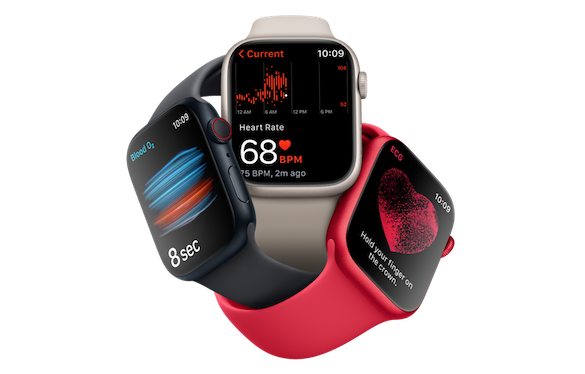The right pediatric program to deliver your medicine sooner.
Maternal immunity has long been understood to provide vulnerable newborns with antibodies to protect them against some infections as their immune systems mature. However this protection is far from complete. Every year roughly 3.3 million babies die within the first 28 days of life, with more than a third of them succumbing to infections.
The World Health Organization (WHO) specifically targeted this risk in its fourth Millennium Development Goal (MDG 4) to reduce mortality rate by two-thirds among under-five children between 1990 and 2015. And while they made significant progress, more work can be done.
One strategy that has seen success is maternal immunization, or pregnancy vaccines. Maternal immunization is now a clinically validated strategy to prevent infections that afflict very young infants in the first weeks of life. The US Centers for Disease Control (CDC) already recommends that pregnant women get a combined diphtheria, tetanus and whooping cough combination vaccine, as well as a flu vaccine, during each pregnancy. These are just the beginning.
Soon there may be a much broader portfolio of vaccine options to enhance transferal of maternal protective antibodies to infants while still in utero which could have a profound effect on infant mortality rates around the world. Many global pharma companies are investing in the development of maternal immunizations for a variety of infectious diseases, with several conducting early phase trials:
• In June of this year, Pfizer began a phase I/II trial of its maternal group B streptococcus (GBS) vaccine. GBS manifests as sepsis, pneumonia and meningitis in newborns, with potentially fatal outcomes or serious neurological damage. If the vaccine is successful, it could prevent approximately 95 percent of GBS disease in infants via maternal immunization.
• Novavax is currently enrolling patients for a phase III trial of a maternal immunization against Respiratory Syncytial Virus (RSV). RSV is responsible for an estimated 160,000 deaths per year worldwide.
• VBI Vaccines is developing a maternal vaccine to prevent cytomegalovirus (CMV) infection, which is a leading cause of prenatal anomalies and postnatal neurological abnormalities, particularly sensorineural deafness. VBI expects to evaluate safety, tolerability, and also immunological proof of concept in humans during Phase I trials.
In addition to these examples, there are several other companies with maternal vaccines in development for the above indications. We are also seeing studies of the impact of maternal booster vaccines and pre-conception vaccines against other serious infectious diseases, such as a Zika virus vaccine, as well as development of vaccines that do not specifically target pregnant women but may be beneficial in conferring immunity to the infant. One example of this is a potentially effective malaria vaccine.
Obstacles ahead
These maternal vaccines have the potential to save millions of young lives, though sponsors face unique challenges in developing and marketing these treatments. Despite proof that maternal immunization is an effective strategy to prevent infectious diseases in pregnant women and infants, lack of knowledge about these diseases and concerns about the safety of vaccines given during pregnancy have been cited as obstacles to improving rates of maternal immunization.
Because pregnant women have long been excluded from clinical research, it is difficult to overcome some of these concerns and to demonstrate the safety and efficacy of maternal vaccines in a clinical setting. The majority of safety and effectiveness data for existing maternal vaccines come from retrospective population-based cohort studies and database reviews rather than randomized clinical trials (RCTs).
See you in Brussels
In September, experts across the maternal immunization space will come together to discuss these and other topics at the 4th International Neonatal & Maternal Immunization Symposium in Brussels. The event will bring together scientists, clinicians and public health experts from all continents to share data from recent trials, and to discuss opportunities and challenges within the maternal and neonatal immunization space.
Interactive panel discussions and presentations promise to provide a comprehensive scientific and practical update on the latest trends in this space, including sessions on impact of maternal and environmental factors on the effectiveness of vaccines, updates on GBS immunization efforts, and the perception of risk related to maternal and neonatal immunization.
Maternal immunization is the next frontier in vaccine research. As more of these trials see success, we move closer to a world where infant mortality rates will hopefully plummet, and infectious diseases that once killed millions of newborn infants could one day be eradicated.
Related solutions
Specialized expertise and customized solutions across 14 therapeutic centers of excellence, including oncology, GI/NASH, pediatrics, neurology and rare diseases.

























